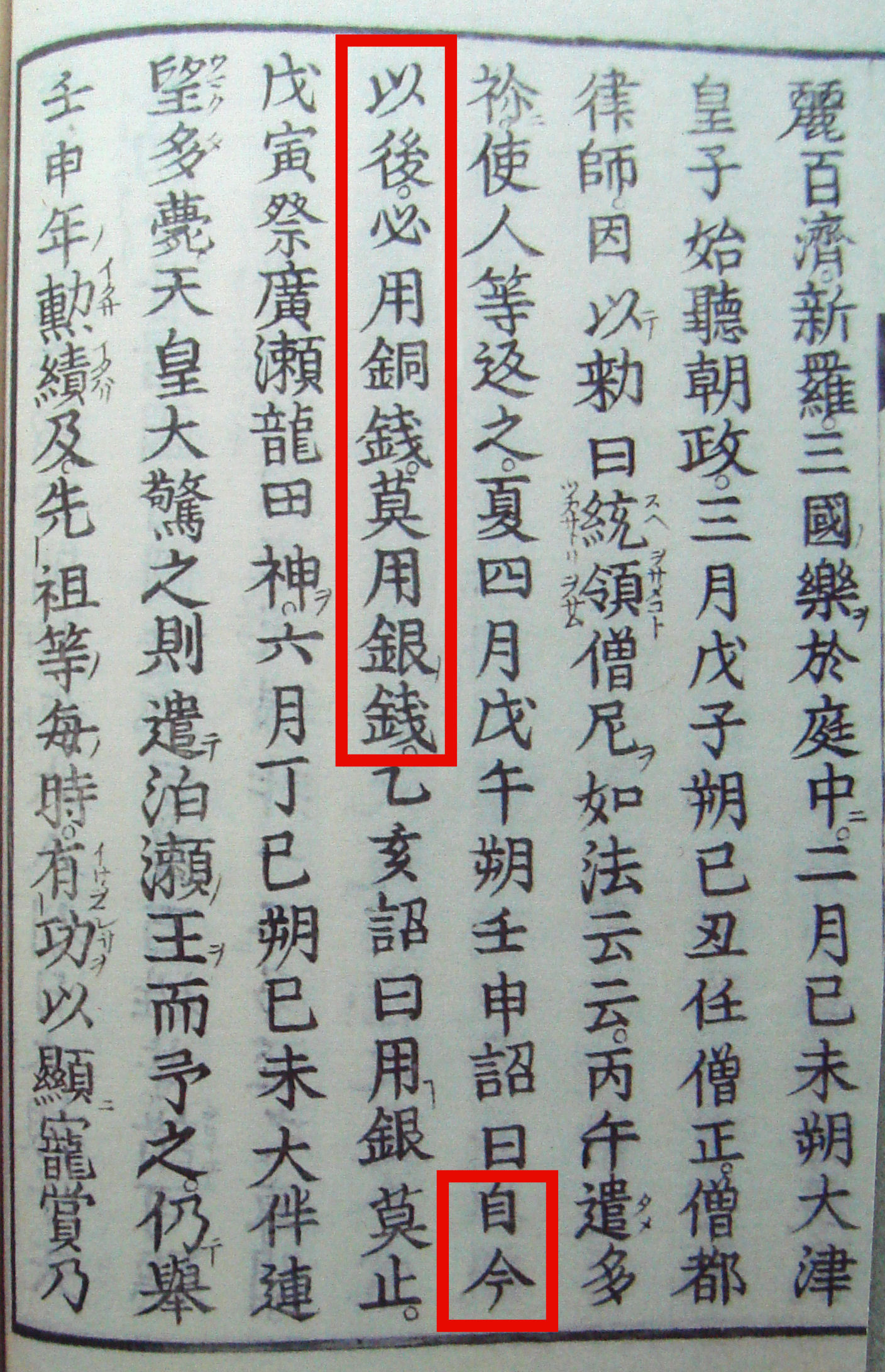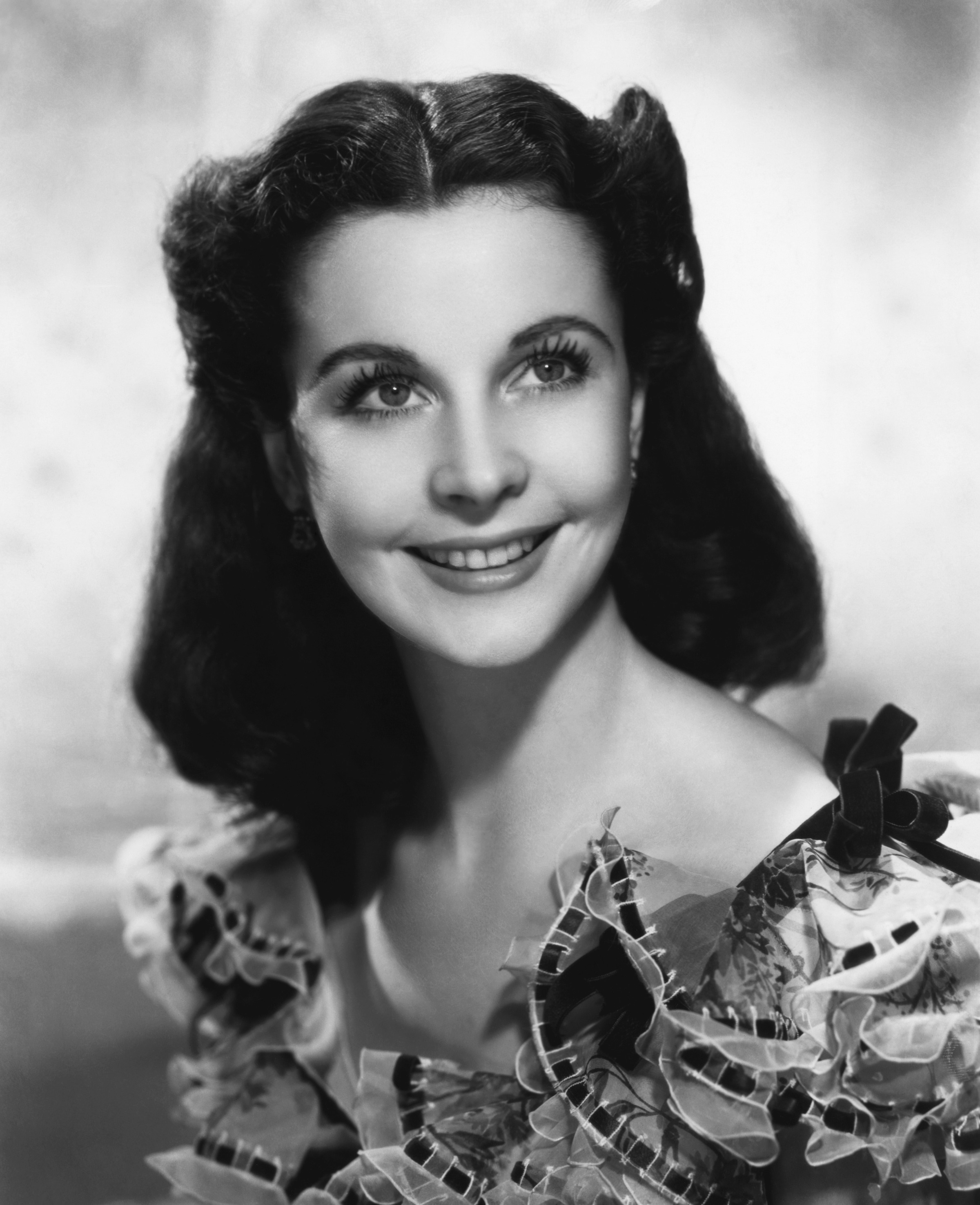|
Jun Sena
, is a Japanese actress and former top star of the Takarazuka Revue's Moon Troupe, a Japanese theatre organization in which women portray all parts. She was born April 1, 1974, and grew up in Suginami, Tokyo. During her time in the Revue, she was an ''otokoyaku'', an actress who specializes in male roles. After two years of intensive training at the Takarazuka Music School, she joined the revue in 1992 and reached top star status in 2005. Her nicknames are Asa and Asako. The first ''otokoyaku'' from her class of 1992 to reach top star status, she resigned her position as top star and retired in December 2009 after the run of ''Last Play / Heat on Beat'' and is now pursuing an acting career outside of the Revue. Troupe History * Flower Troupe: 1992–2004 * Moon Troupe: 2004–2009 Sena entered the Takarazuka Music School in 1990 and graduated in 1992. Upon graduation, she was placed in the Revue's Flower Troupe. During her time in Flower Troupe, she had one ''shinjinkouen'' ( ... [...More Info...] [...Related Items...] OR: [Wikipedia] [Google] [Baidu] |
Takarazuka Revue
The is a Japanese all-female musical theatre troupe based in Takarazuka, Hyōgo Prefecture, Japan. Women play all roles in lavish, Broadway-style productions of Western-style musicals and stories adapted from films, novels, manga, and Japanese folktales. The Takarazuka Revue Company is a division of the Hankyu Railway company; all members of the troupe are employed by Hankyu. History The Takarazuka Revue was founded by Ichizō Kobayashi, an industrialist-turned-politician and president of Hankyu Railways, in Takarazuka, Japan in 1913. The city was the terminus of a Hankyu line from Osaka and already a popular tourist destination because of its hot springs. Kobayashi believed that it was the ideal spot to open an attraction of some kind that would boost train ticket sales and draw more business to Takarazuka. Since Western song and dance shows were becoming more popular and Kobayashi considered the kabuki theater to be old and elitist, he decided that an all-female theater ... [...More Info...] [...Related Items...] OR: [Wikipedia] [Google] [Baidu] |
Kanami Ayano
Kanami may refer to: *Kanami (given name), a feminine Japanese given name *Kan'ami was a Japanese Noh actor, author, and musician during the Muromachi period. Born in Iga Province, Kan'ami also went by and . He is the father of the well-known playwright . Theater Kan'ami's career began in Obata, Nabari-shi, Mie when he fo ... (1333–1384), Japanese Noh playwright * Kanami Station, a former railway station in Anamizu, Hōsu District, Ishikawa Prefecture, Japan {{disambiguation ... [...More Info...] [...Related Items...] OR: [Wikipedia] [Google] [Baidu] |
Marcus Junius Brutus
Marcus Junius Brutus (; ; 85 BC – 23 October 42 BC), often referred to simply as Brutus, was a Roman politician, orator, and the most famous of the assassins of Julius Caesar. After being adopted by a relative, he used the name Quintus Servilius Caepio Brutus, which was retained as his legal name. Early in his political career, Brutus opposed Pompey, who was responsible for Brutus' father's death. He also was close to Caesar. However, Caesar's attempts to evade accountability in the law courts put him at greater odds with his opponents in the Roman elite and the senate. Brutus eventually came to oppose Caesar and sided with Pompey against Caesar's forces during the ensuing civil war (49–45 BC). Pompey was defeated at the Battle of Pharsalus in 48, after which Brutus surrendered to Caesar, who granted him amnesty. With Caesar's increasingly monarchical and autocratic behaviour after the civil war, several senators who later called themselves ''liberatores'' (Liberators), ... [...More Info...] [...Related Items...] OR: [Wikipedia] [Google] [Baidu] |
Rose Of Versailles
, also known as ''Lady Oscar'' and ''La Rose de Versailles'', is a Japanese manga series written and illustrated by Riyoko Ikeda. It was originally serialized in the List of manga magazines, manga magazine ''Margaret (magazine), Margaret'' from 1972 to 1973, while a revival of the series was published in the magazine from 2013 to 2018. The series is a historical fiction, historical drama set in the years preceding and during the French Revolution. Using a combination of historical personages and original characters, ''The Rose of Versailles'' focuses primarily on the lives of two women: the List of French royal consorts, Queen of France Marie Antoinette, and Oscar François de Jarjayes, who serves as commander of the Maison militaire du roi de France, Royal Guard. Ikeda created ''The Rose of Versailles'' as a story about revolution and populist uprisings after becoming involved with New Left in Japan, Japan's New Left as a member of the Communist Party of Japan in the late ... [...More Info...] [...Related Items...] OR: [Wikipedia] [Google] [Baidu] |
Emperor Temmu
was the 40th emperor of Japan,Imperial Household Agency (''Kunaichō'') 天武天皇 (40) retrieved 2013-8-22. according to the traditional order of succession. Ponsonby-Fane, Richard. (1959). ''The Imperial House of Japan'', p. 53. Tenmu's reign lasted from 673 until his death in 686. Traditional narrative Tenmu was the youngest son of Emperor Jomei and Empress Kōgyoku, and the younger brother of the Emperor Tenji. His name at birth was Prince Ōama (大海人皇子:Ōama no ōji). He was succeeded by Empress Jitō, who was both his niece and his wife. During the reign of his elder brother, Emperor Tenji, Tenmu was forced to marry several of Tenji's daughters because Tenji thought those marriages would help to strengthen political ties between the two brothers. The nieces he married included Princess Unonosarara, today known as Empress Jitō, and Princess Ōta. Tenmu also had other consorts whose fathers were influential courtiers. Tenmu had many children, including his crown ... [...More Info...] [...Related Items...] OR: [Wikipedia] [Google] [Baidu] |
Elisabeth Of Bavaria
Duchess Elisabeth Amalie Eugenie in Bavaria (24 December 1837 – 10 September 1898) was Empress of Austria and Queen of Hungary from her marriage to Emperor Franz Joseph I on 24 April 1854 until her assassination in 1898. Elisabeth was born into the royal Bavarian House of Wittelsbach. Nicknamed Sisi (also Sissi), she enjoyed an informal upbringing before marrying Emperor Franz Joseph I at the age of sixteen. The marriage thrust her into the much more formal Habsburg court life, for which she was unprepared and which she found uncongenial. Early in the marriage, she was at odds with her mother-in-law, Archduchess Sophie, who took over the rearing of Elisabeth's daughters, one of whom, Sophie, died in infancy. The birth of a son to the imperial couple, Crown Prince Rudolf, improved Elisabeth's standing at court, but her health suffered under the strain. As a result, she would often visit Hungary for its more relaxed environment. She came to develop a deep kinship w ... [...More Info...] [...Related Items...] OR: [Wikipedia] [Google] [Baidu] |
Gone With The Wind (musical)
''Gone with the Wind'' is a musical written by Margaret Martin. It is adapted from Margaret Mitchell's 1936 novel of the same name and its 1939 film adaptation by Trevor Nunn. The production began previews on 5 April 2008 and officially opened at the New London Theatre in London's West End on 22 April 2008. The production was directed by Nunn and featured sets by John Napier and costumes by Andreane Neofitu. Darius Danesh and Jill Paice starred as Rhett Butler and Scarlett O'Hara respectively. The show was produced by Aldo Scrofani, Colin Ingram, Gary McAvay and the Nederlander Producing Company. The production closed on 14 June 2008, after 79 performances. Background This was not the first musical version of ''Gone with the Wind''. A musical adaptation by Harold Rome played a year at the Drury Lane Theatre in 1972, starring June Ritchie as Scarlett, and featuring Bonnie Langford. Margaret Martin, a newcomer to songwriting and playwriting, contacted the Stephen Mitch ... [...More Info...] [...Related Items...] OR: [Wikipedia] [Google] [Baidu] |
Scarlett O'Hara
Katie Scarlett O'Hara Hamilton Kennedy Butler is a fictional character and the protagonist in Margaret Mitchell's 1936 novel ''Gone with the Wind'' and in the 1939 film of the same name, where she is portrayed by Vivien Leigh. She also is the main character in the 1970 musical '' Scarlett'' and the 1991 book '' Scarlett'', a sequel to ''Gone with the Wind'' that was written by Alexandra Ripley and adapted for a television mini-series in 1994. During early drafts of the original novel, Mitchell referred to her heroine as "Pansy", and did not decide on the name "Scarlett" until just before the novel went to print. Biography Scarlett O'Hara is the oldest living child of Gerald O'Hara and Ellen O'Hara (née Robillard). She was born in 1845 on her family's plantation Tara in Georgia. She was named Katie Scarlett, after her father's mother, but is always called Scarlett, except by her father, who refers to her as "Katie Scarlett". She is from a Catholic family of Irish ancestry on h ... [...More Info...] [...Related Items...] OR: [Wikipedia] [Google] [Baidu] |
Jack Worthing
''The Importance of Being Earnest, A Trivial Comedy for Serious People'' is a play by Oscar Wilde. First performed on 14 February 1895 at the St James's Theatre in London, it is a farcical comedy in which the protagonists maintain fictitious personae to escape burdensome social obligations. Working within the social conventions of late Victorian London, the play's major themes are the triviality with which it treats institutions as serious as marriage, and the resulting satire of Victorian morality, Victorian ways. Some contemporary reviews praised the play's humour and the culmination of Wilde's artistic career, while others were cautious about its lack of social messages. Its high farce and witty dialogue have helped make ''The Importance of Being Earnest'' Wilde's most enduringly popular play. The successful opening night marked the climax of Wilde's career but also heralded his downfall. The John Douglas, 9th Marquess of Queensberry, Marquess of Queensberry, whose son Lor ... [...More Info...] [...Related Items...] OR: [Wikipedia] [Google] [Baidu] |
Ernest In Love
''Ernest in Love'' is a musical with a book and lyrics by Anne Croswell and music by Lee Pockriss. It is based on ''The Importance of Being Earnest'', Oscar Wilde's classic 1895 comedy of manners. Background The two-act musical is an expanded version of the hour-long musical ''Who's Earnest?'' televised on ''The United States Steel Hour'' in 1957.Suskin, Steven."On the Record: Ernest In Love, Marco Polo, Puppets and Maury Yeston", Playbill.com, August 10, 2003. The 1959-1960 Off-Broadway season included a dozen musicals and revues including ''Little Mary Sunshine'', ''The Fantasticks'' (based on an obscure 1894 work by Edmond Rostand, of Cyrano fame), and ''Ernest in Love'', a musicalization of Oscar Wilde's 1895 hit. The production was directed by Harold Stone and choreographed by Frank Derbas. It opened on May 4, 1960, at the Gramercy Arts Theatre, where it was warmly received by the critics but ran for only 103 performances. The cast included Louis Edmonds as Algernon, John ... [...More Info...] [...Related Items...] OR: [Wikipedia] [Google] [Baidu] |
Yuhi Ozora
Yuhi may refer to: People Japan *, Japanese long-distance runner * Yuhi Sano (born 1965), Japanese professional wrestler * Yuhi Sekiguchi (born 1987), Japanese racing driver * Yuhi (wrestler) (born 1995), Japanese professional wrestler Rwanda * Yuhi I of Rwanda * Yuhi II of Rwanda * Yuhi III of Rwanda * Yuhi V of Rwanda Fictional characters * Kurenai Yuhi Locations * Yuhi Falls is a waterfall on the upper reaches of Kari river, in western Minamiashigara, Kanagawa 260px, Daiyuzan Saijoji Temple is a city located in Kanagawa Prefecture, Japan. , the city had an estimated population of 40,947 and a population density ... {{dab, given name Japanese masculine given names ... [...More Info...] [...Related Items...] OR: [Wikipedia] [Google] [Baidu] |






_1889%2C_May_23._Picture_by_W._and_D._Downey.jpg)